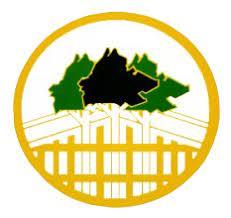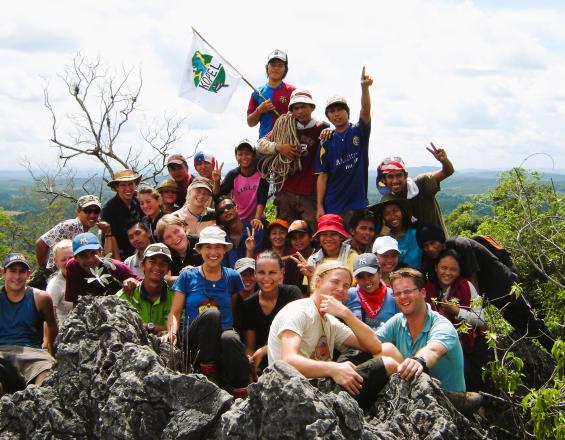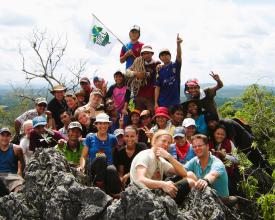
Provision of Livelihood Benefit To Local Communities Through Co-Manage of Forest Reserve

Pin Supu Forest Reserve is a special place with seven different types of forests, surrounded by five villages. A crucial project is underway from 2021 to 2025 to protect this unique ecosystem. In the past, encroachment posed a major threat due to its proximity to villages. To address this, the Sabah State Government, represented by Pin Supu Forest Reserve management, signed a 10-year agreement (2016-2026) with Kopel Berhad for joint forest management.
This collaboration has led to positive outcomes, with the community benefiting from eco-tourism, now a vital part of their economy. The initiative also promotes Sustainable Forest Management in the communities surrounding Pin Supu Forest Reserve, Kinabatangan. Together, they are working towards a sustainable future for both the forest and the people.
Context
Challenges addressed
Location
Impacts
Managing forest reserves with the involvement of surrounding communities has numerous positive impacts across environmental, social, and economic domains, benefiting both local people and the ecosystems they inhabit.
- Environmental Impacts: - Biodiversity Conservation - Habitat Protection - Carbon Sequestration - Water Resource
- Management Social Impacts: - Empowerment and Ownership - Cultural Preservation - Livelihood Opportunities - Conflict
- Resolution Economic Impacts: - Income Generation - Job Creation - Value Addition.
In summary, co-managing forests yields positive outcomes, including enhanced environmental conservation, social empowerment, cultural preservation, and economic development, fostering sustainable and resilient landscapes for both present and future generations.
Additionally, the income of the community (KOPEL) increased by 64% from 2021 to 2022, and there was a significant increase in forest cover based on GIS data: from 2008 to 2016 (0.4%), 2016 to 2020 (0.8%), and 2020 to 2023 (1.1%).






